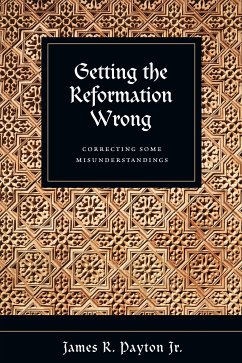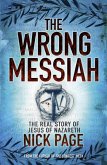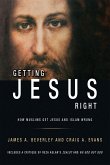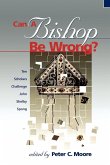Institutes of the Christian Religion.Getting the Reformation Wrong:places the Reformation in the context of medieval and Renaissance reform effortsanalyzes conflicts among the Reformerssola fidesola Scripturaexamines how the Anabaptist movement fits in with the magisterial Reformationcritiques the post-Reformational move to Protestant Scholasticismexplores how the fresh perspective on the Reformation could make a difference in today's churches
Dieser Download kann aus rechtlichen Gründen nur mit Rechnungsadresse in A, B, BG, CY, CZ, D, DK, EW, E, FIN, F, GR, HR, H, IRL, I, LT, L, LR, M, NL, PL, P, R, S, SLO, SK ausgeliefert werden.









